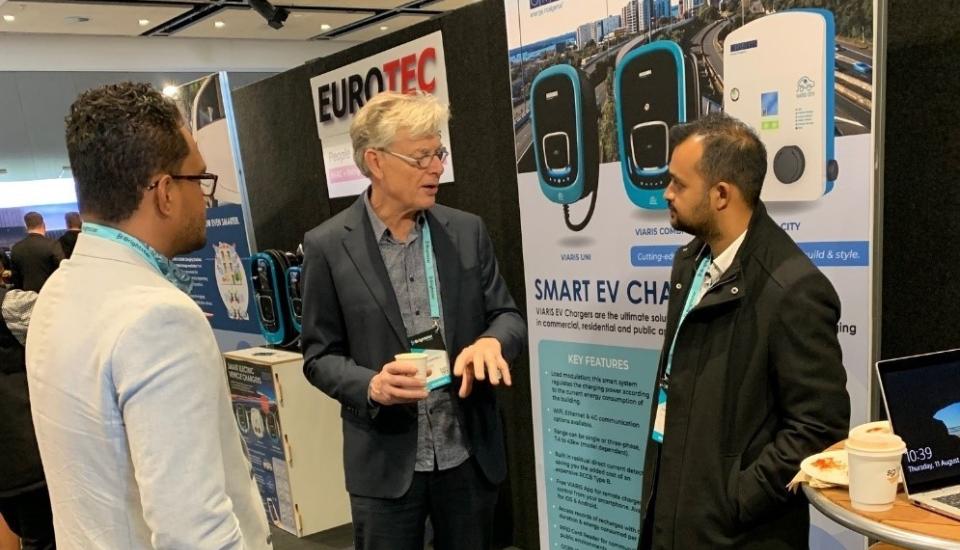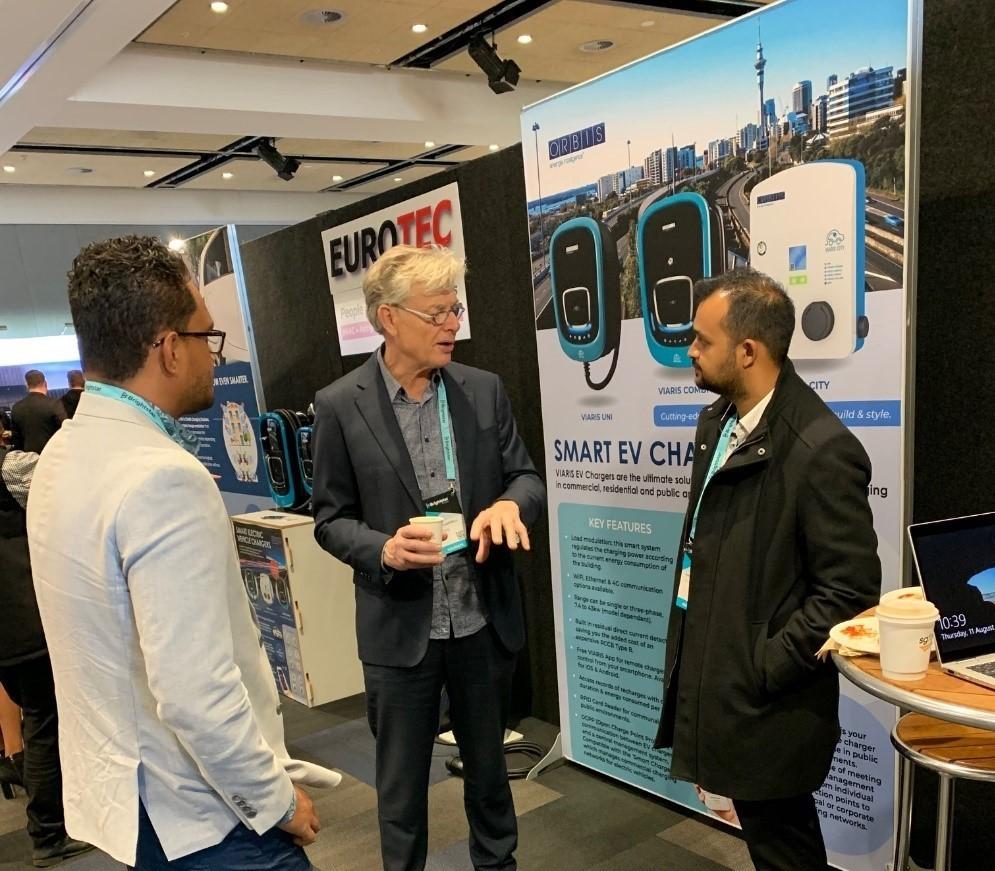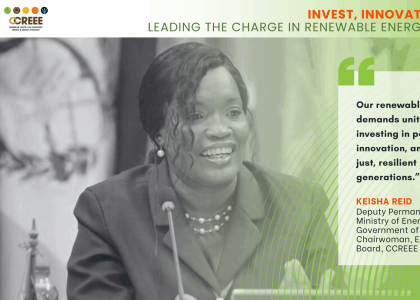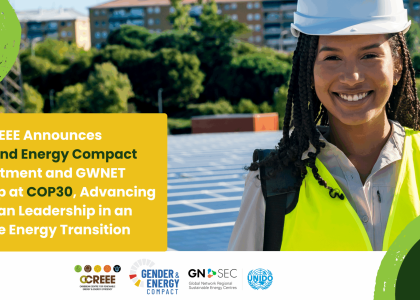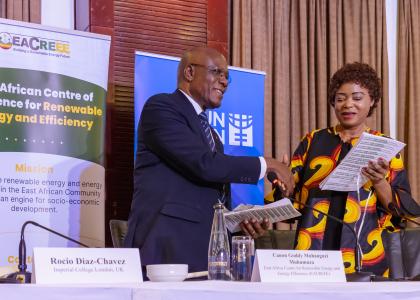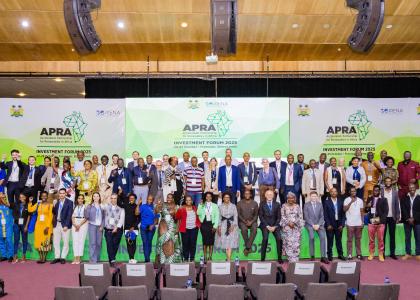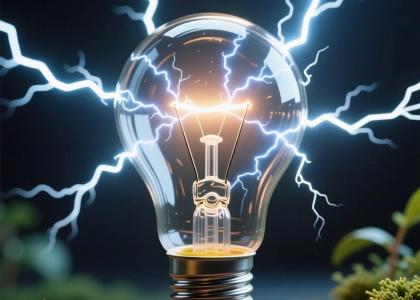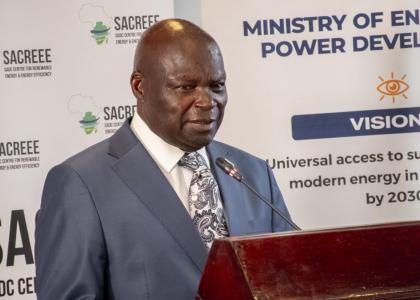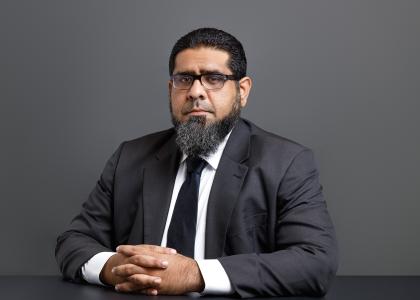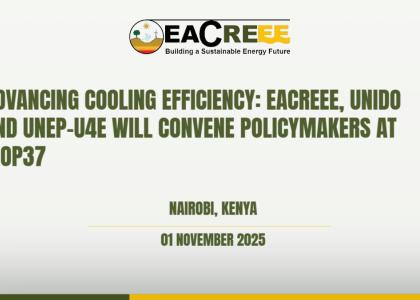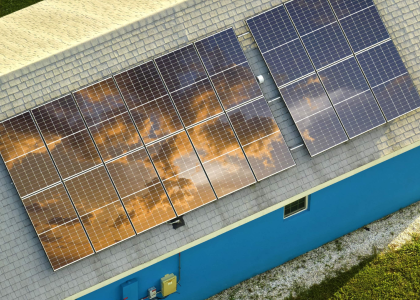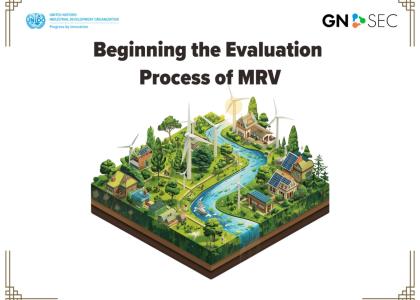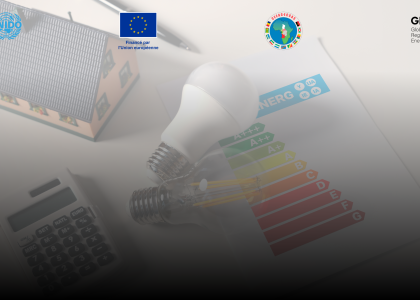Leading the transition to a decarbonised transport future for New Zealand, was the focus of the New Zealand Electro Mobility Summit at Auckland’s Vodafone Events Centre in Manukau from August 11 and 12, 2022. The summit was attended by more than 250 delegates from New Zealand, including a small team from the Pacific Islands.
The summit was officially opened by the New Zealand Transport Minister, Mr. Michael Wood, who emphasized NZ’s ambition to be among the world leaders in this space. The need for New Zealand to shift to a clean mobility future to counter the global rising fuel prices and meet the country’s emissions targets are ambitions that are equally emphasized in the Pacific Islands.
The role of government in adopting a clear roadmap to increasing the decarbonisation of transport in by way of an Emissions Reduction Plan (ERP) was presented and acknowledged by the industry. It was emphasized that electrical vehicles (EVs) advancement was increasing around the globe and that NZ needed to swiftly take on the benefits of the EV opportunities available. It was further stated that the government is working to develop more innovative policies and incentives to encourage investment in EVs and support the transition to EVs as well as changing people’s transport behaviour to use other modes of transportation such as walking, cycling and public transport to reduce carbon emissions from the transport sector.
Other speakers at the event included representatives from the Ministry of Transport, Energy Efficiency and Conservation Authority (EECA), ChargeNet NZ, FleetPartners, Ford New Zealand, Auckland Transport, Hiringa Energy, Audi New Zealand, WorkSafe, Drive Electric, TransNet, Sea Electric, Evnex, ABB and LANDEX.
It was reported that NZ’s GHG emissions were reduced by 1.5% during the national COVID lock-down period (2020-2021) which is only a small portion of the amount required by the country to decarbonise the transport sector. It was further reiterated that decarbonising the transport sector is not about adding electric cars to the existing fleet but identifying the best and efficient ways to replace the existing fleet with EVs, particularly for private vehicles, public transport, light freight vehicles and trucks.
The summit also examined recent and upcoming NZ government’s policies such as the Clean Car programme; established to screen incoming vehicles and NZers’ behaviour towards the current transport system can be adapted to optimise benefits when switching to EVs. Re-thinking and changing infrastructure from fuel-providing service stations to a grid electricity supply to cater for EVs was also one of the options discussed as a way forward. Service stations will need to adapt to the e-mobility era through establishing charging locations close to power sources, providing access to renewable energy options to service EVs and also providing facilities and services for EV drivers during vehicle charging times.
The industry also presented their various interventions to catalyse the uptake of EVs, such as leasing or providing subscription access to EV fleets and charging infrastructures, which have proven successful. The discussions, however, highlighted the challenges observed and the need to look into programmes and policies that need to be calibrated to suit the local market and encourage investments across diverse socio-economic backgrounds and businesses.
Moreover, the summit further discussed other aspects for effective EV uptake such as; developing EV charging infrastructure; the capacity of power utility companies; introducing EV subsidies; the capacity of EV mechanics and electricians, improving the state of the transportation network; increasing EV businesses not only for EV dealerships but EV charging options, electricians, EV leasing and encouraging more research in understanding what is required to allow for smooth EV transitions.
The summit also explored the importance and the role of safety, guidelines and standards for EVs, batteries, charging cables, charging stations and users. The effort of WorkSafe NZ to introduce EV safety and standards to meet technological advancements of EVs, particularly in establishing building codes and other standards was discussed and noted. Areas where review and improvements of current standards, training and certification may be needed, notably in terms of batteries, charging infrastructures, smart charging, buildings and other aspects of electrical vehicles to be compatible to the grid were highlighted and emphasized during the summit.
The summit was attended by representatives from the PCREEE, the department of Energy in Tonga and a newly established EV charging business in Fiji and a UNIDO consultant [Andrew Campbell] who is assisting the EV effort in the Pacific Islands.

